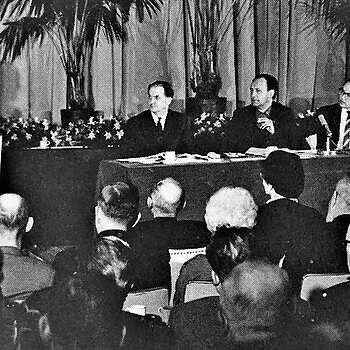The three main courses of action adopted by Dutch policy makers at the time were (1) increase food production in these countries, (2) facilitate importation of food products and (3) provide food assistance to consumers. Priority was given to enabling countries to increase production, mainly through technical assistance and capacity building. Initially the focus was on multilateral channels but increasingly efforts were developed through bilateral channels. The primary reference point was the UN/FAO Indicative World Plan for Agricultural Development 1965-1985.


